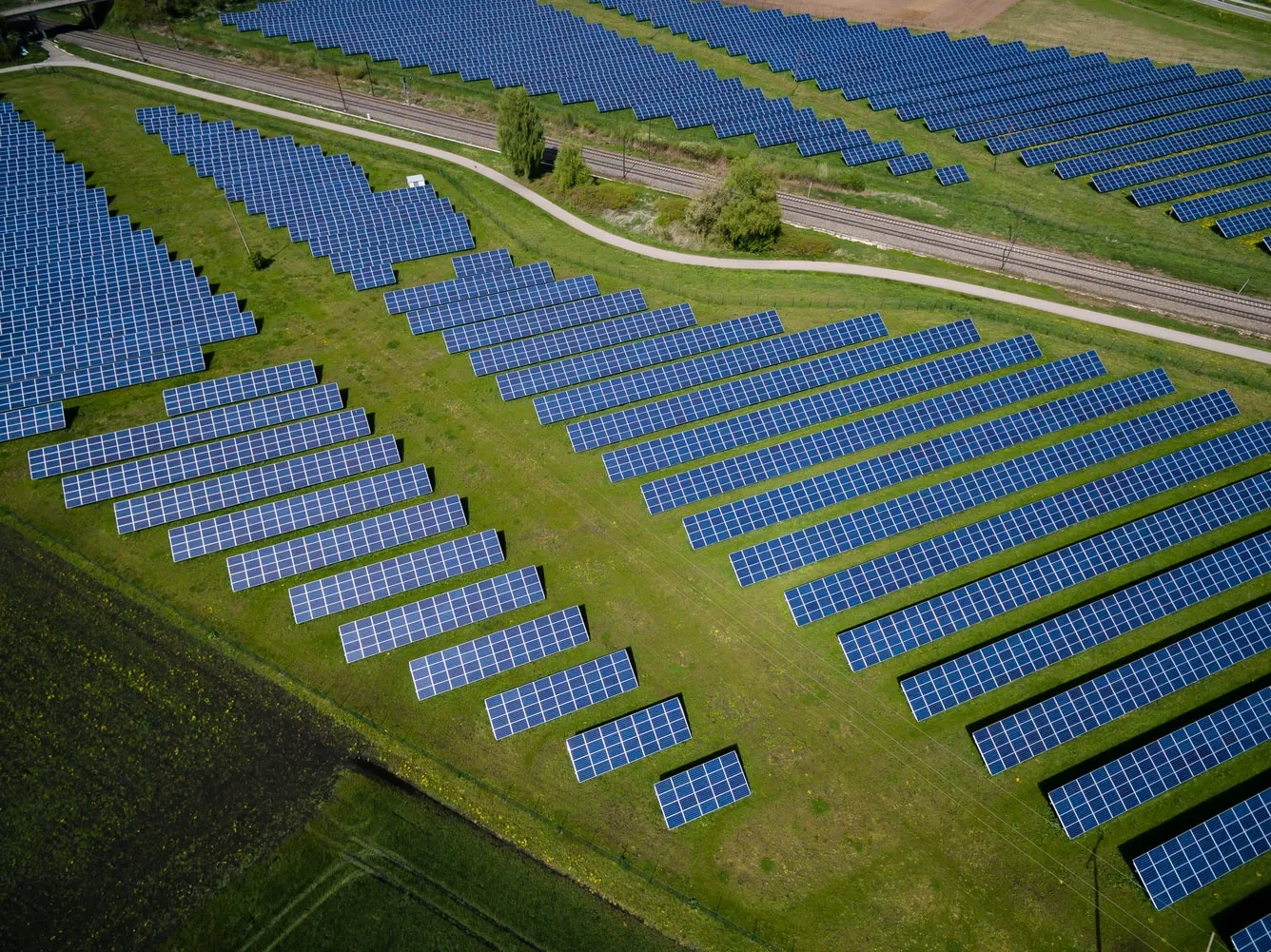We, the Electricity Association of Ireland (EAI), have formally responded to EirGrid and SONI’s January 2025 consultation on the proposed transitional arrangements for system services between the end of the DS3 Regulated Arrangements and the go-live of the Day Ahead System Services Auction (DASSA) and Future Arrangements for System Services (FASS). Our members continue to dedicate significant resources to the FASS work programme, which is the shared focus of market participants, system operators, and regulatory authorities.
Our provisional position is that we support the TSOs’ preferred Option 4 – an extension of the DS3 Regulated Arrangements – provided certain requirements are met and more clarity is provided regarding the rationale behind this proposal.
Delay to Procurement of Non-Reserve Services
Our response expresses our members’ concerns about the consequences from a delay in procurement of non-reserve services, which is scheduled for December 2026. If DASSA go-live is on time for December 2026, but non-reserve services procurement is postponed, this raises critical questions about how the TSOs and RAs will value these services, and necessitates an updated assessment that we discussed later on.
We took this opportunity to highlight that frequent delays to the Go-Live will negatively impact investment signals and hinder market confidence. To address this, a clear and firm timeline for the transition, avoiding ad hoc updates and delays, must be established and communicated. Investors require certainty to build an investment case, and prolonged uncertainty may result in suboptimal market outcomes.
Reassessment of DS3 Tariffs and Spending Cap
The EAI strongly advocates for a revision of the DS3 expenditure cap, originally set for 2014 – 2020. We cite a 2024 Frontier Economics Report, commissioned by a number of our members, which highlighted that the current cap fails to reflect the increased economic and system value provided by system services in an environment with rising SNSP targets. In this context, a comprehensive review of tariff rates and scalar mechanisms is essential to maintain value-reflectivity and incentivise investment.
Clarification on Procurement Frequency and Timelines
As an association, we highlighted that the six-monthly DS3 procurement gates should continue beyond April 2026, as this frequency is essential to ensure ongoing investment and operational flexibility in the system. Furthermore, we critique the TSO’s consultation for lacking sufficient justification of the proposed three-month implementation timeline for Option 4 and recommend that more detailed information be provided to ensure transparency and feasibility.
Conclusion
Our response reflects conditional agreement with the TSOs’ proposed extension of the DS3 Regulated Arrangements, framed by a call for enhanced clarity, updated economic assessments, and policy certainty. We look forward to further collaboration with EirGrid, SONI, and the SEM Committee to ensure a smooth transition for all market participants to the enduring system services framework.

